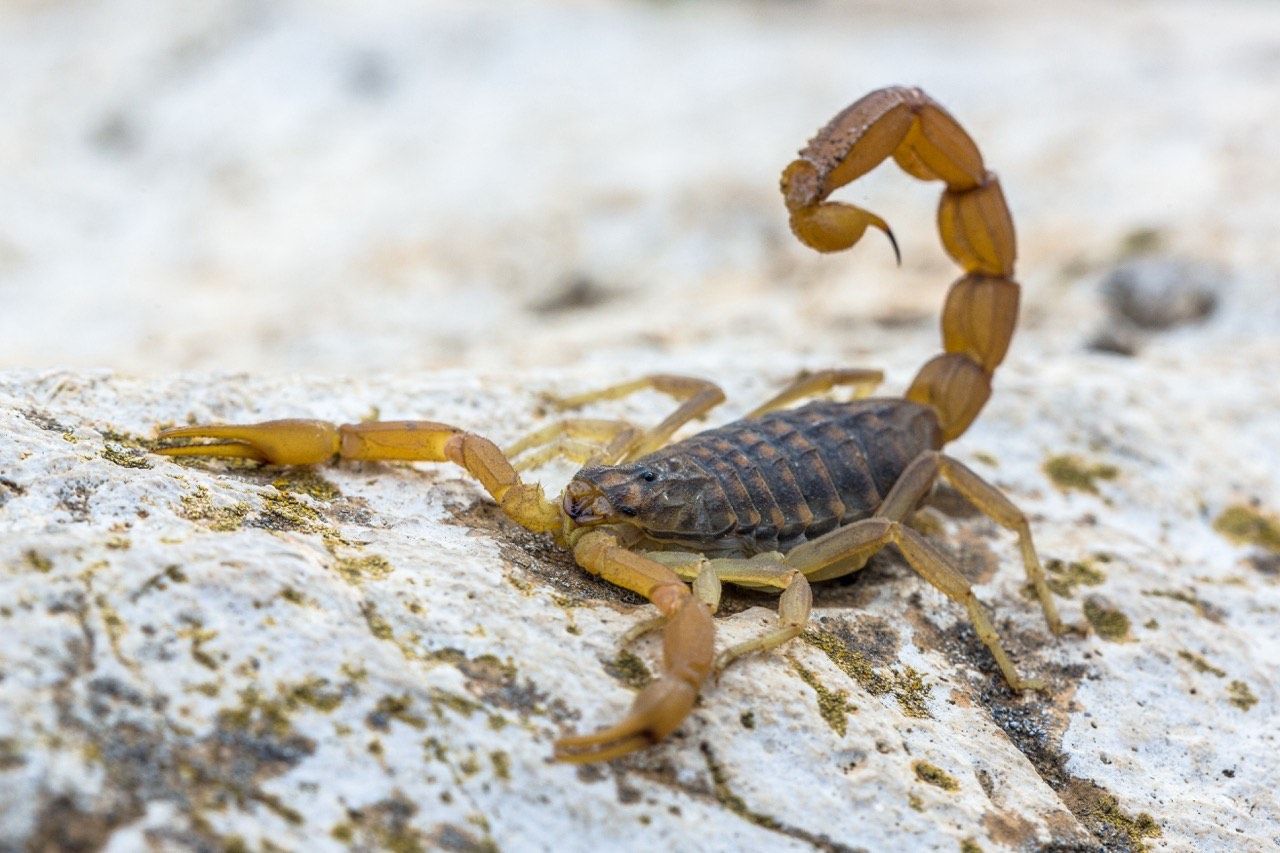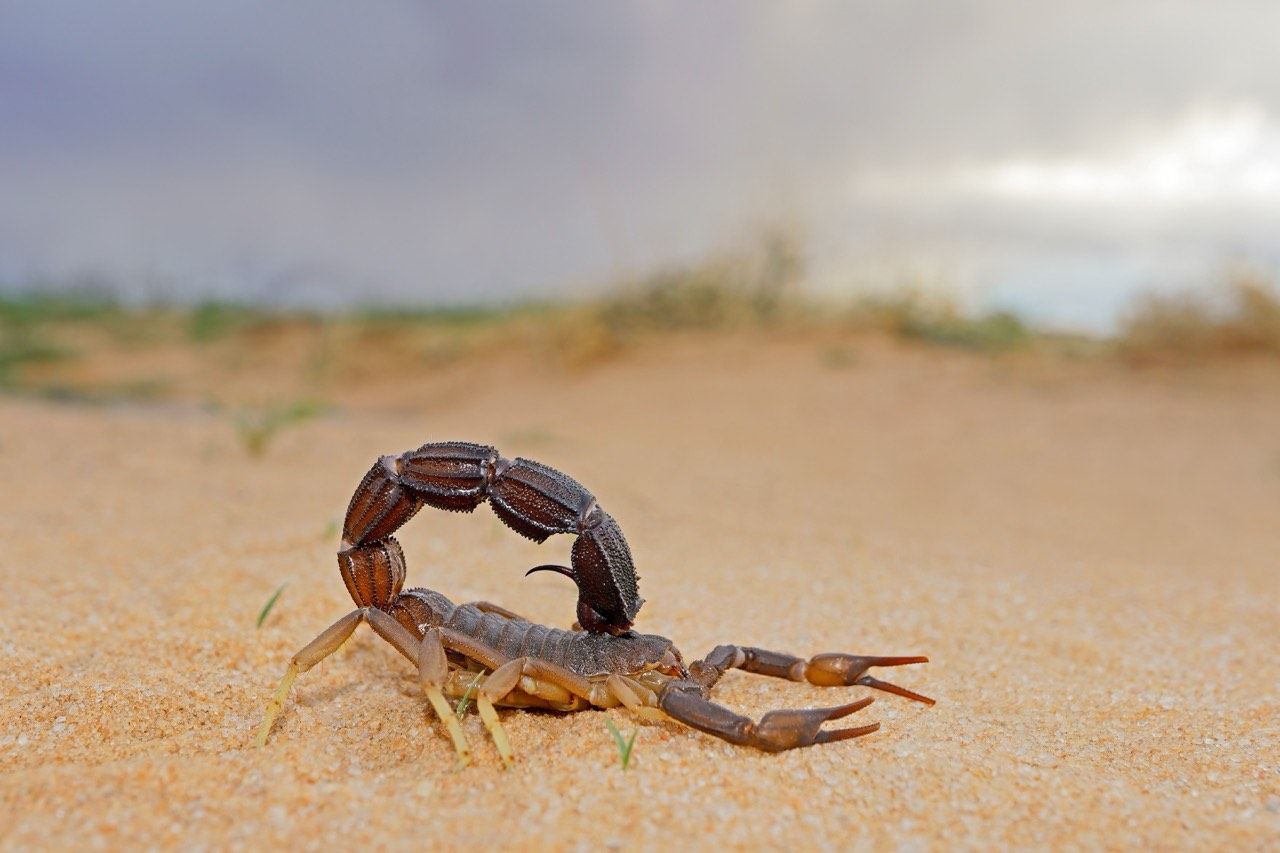At Faraja Pest, we're committed to protecting your comfort and peace of mind by expertly handling bed bug issues.

Scorpions
Scorpions are arachnids known for their venomous stings, which can pose serious health risks, especially to children and the elderly. Their presence in homes and businesses is not only a risk due to their stings but also indicative of an ecosystem that supports them, suggesting issues like excess moisture and other insect infestations.
Warning
Scorpion stings can be painful and, in rare cases, life-threatening, making it crucial to address infestations promptly.
Scorpions are nocturnal and tend to hide during the day in dark, moist areas of a property. They can enter buildings through small cracks and crevices in search of food or shelter, making them difficult to detect until their population becomes significant.
How to Identify the Pest: Key signs of scorpions include:
- Nocturnal Sightings: Seeing scorpions active at night, especially in areas like basements, garages, and bathrooms.
- UV Light Detection: Using a UV light to spot scorpions, which glow under ultraviolet light due to substances found in their exoskeleton.
- Other Pest Activity: The presence of other insects that serve as food sources for scorpions.
Identifying these signs can help in early detection and effective management of scorpion populations.

Effective scorpion control involves comprehensive strategies that reduce their numbers and prevent future infestations.
- Habitat Reduction: Removing sheltering sites such as rocks, logs, and debris from around the property.
- Exclusion Techniques: Sealing cracks and openings around the home to prevent entry.
- Targeted Pesticide Application: Using pesticides in known scorpion hiding spots, applied by trained professionals to ensure safety and effectiveness.
FarajaPest uses the latest techniques and safe pesticides to control scorpion populations, ensuring your property is protected from these dangerous pests.
Effective scorpion prevention involves:
- Regular Inspections: Frequent checks of dark, moist areas where scorpions may hide.
- Insect Control: Managing the overall insect population to reduce the food source for scorpions.
- Environmental Controls: Keeping areas dry and well-lit to discourage scorpion habitation.
By adopting these preventive measures, you can significantly reduce the risk of scorpion invasions and ensure a safer environment.